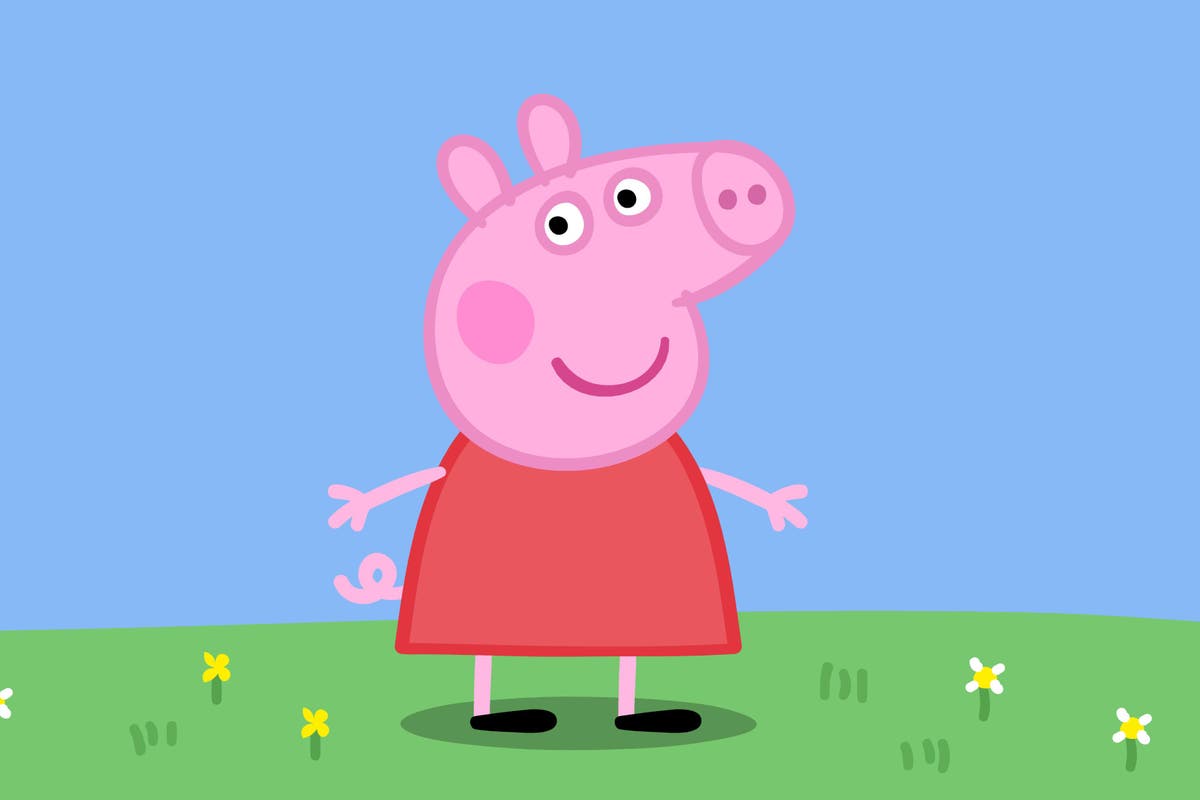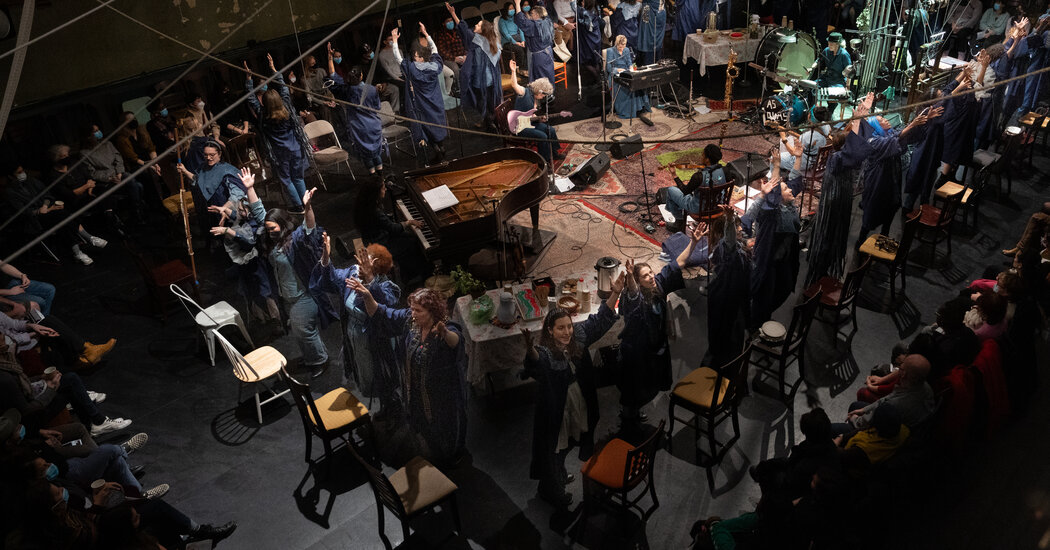Children who are no longer little, but not yet teenagers, are changing rapidly.
Named because it is among the two most recognized developmental stages of toddlers and adolescents, the preteen period is between eight and 12 years old, and many parents could use a little help getting through it.
Parenting author Tanith Carey knows all too well what it's like to deal with the tween years: she's been through it with her two daughters, and now she's written the book What's My Tween Thinking? about it with psychologist Dr. Angharad Rudkin.
“It is a phase in which hormones begin to act, children form their first serious friendships (and have their first important consequences) and begin to want to have their own screens, which are a gateway to an adult world for which “They're not ready yet.” Carey observes.
“However, while parents mentally prepare for the terrible twos and tumultuous teenage years, they are often unprepared for the vitally important period in between.
“The good news is that these years won't be so confusing once you know the developmental reasons behind your tween's behavior change and see the world through their eyes.”
Here, Carey outlines some of the common challenges parents may face with their tween children and how to deal with them…
'I'm not going to hold your hand mom'
His daughter removes her hand from his for the first time as she walks to the stores.
What your daughter is thinking
'I'm trying out what it feels like to be more independent. Now that my peers are more important in my life, I'm desperate to fit in. Even when my friends aren't around, I still imagine what they would say if they saw me holding my mother's hand and what they would call me. childish.'
What you might be thinking
You may feel sad because the child who once couldn't get enough of you is entering a phase where he doesn't seem to need you as much anymore.
How could you respond?
“Don't take it personally,” advises Carey. “It's more about her son's development and his emerging need to find his own tribe. In fact, walking away is a positive sign that they trust you will continue to love them anyway.”
She warns that although tweens may not want to hold your hand as much in public, they may still need a physical connection at home, so parents should offer different options, such as stroking their back to calm them down or asking if they want a hug.
'I'm doing my homework'
Your child is taking a long time to start doing homework.
What your preteen thinks
It seems like my lesson was years ago and my mind has gone blank. Plus, at home there are so many things I would rather do and without a teacher and my classmates around me to keep me focused, it's hard to concentrate.'
What you might be thinking
After a long day, you probably just want your child to finish his homework so you can get on with the rest of the night. If they say they don't know where to start or seem to avoid it for fear of making a mistake, you may panic or be tempted to do it for them.
How could you respond?
Carey suggests that initially parents should simply take a deep breath. “Being frustrated with them will make them more anxious and have a harder time accessing the logical-thinking parts of their brain that they need now,” she says, advising them that if they're having a hard time getting going, parents should help them name how they feel. “Once they know you've heard them, they're more likely to start,” she explains.
He points out that when a task is difficult, the hardest part is getting it started. “So make it feel more manageable by suggesting they try it for five minutes; chances are they'll keep going.”
If homework is becoming a nighttime conflict and your child is having trouble doing it within the time allotted by the teacher, mention it to the school, Carey advises. “It's best to quickly identify any learning challenges,” she says.
'Why can't I access TikTok when all my friends are on it?'
Your son is angry because you won't let him sign up for TikTok because he's not 13 yet.
What your preteen thinks
“Ok, actually they're not all my friends, just a couple. But I will tell my parents that they are all so they can worry about me being left out. They keep saying social media is dangerous, but I would never be dumb enough to fall for weird adults because I would know. And anyway, Dad lets me play adult video games because he likes them too. So what is the difference?
What you might be thinking
You're probably worried that your child is too naïve to handle what can happen online, afraid of what he or she might see, and worried about the messages you're sending by allowing him to lie about his age.
How could you respond?
Carey suggests that parents explain to their tweens that their brains are still developing and that social media is designed to be super stimulating. “Tell them it's too early to be distracted from the real-world things they love, like playdates, being outdoors, and crafts, which are important for them to feel good.
“As a middle ground, consider letting them try a platform, such as a closed group of friends on WhatsApp, for a limited time on a shared family device, but always in the common areas of your home, and never in the bedrooms,” he emphasizes.
What is my tween thinking? Practical Child Psychology for Modern Parents by Tanith Carey and Dr Angharad Rudkin is published by DK books on February 15, priced £16.99












